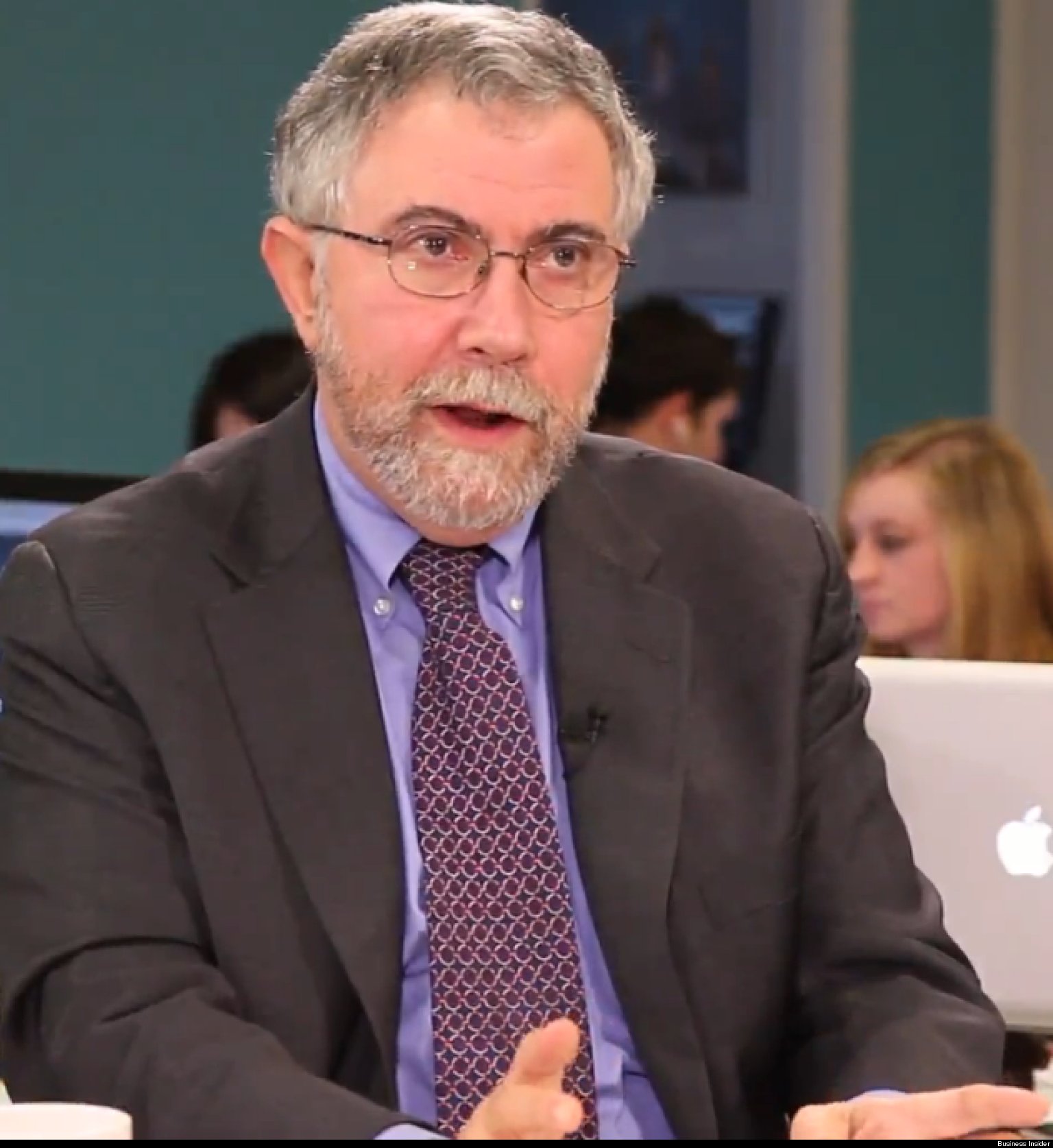Table of Contents
- Renowned Economist Paul Krugman Predicts Global Recession This 2019
- Something's Happening But You Don't Know What it Is: Do You Mr. Krugman ...
- Paul Krugman: Rise Of Machines Partially To Blame For Income Inequality ...
- Probabilidad de recesión en Estados Unidos es baja: Paul Krugman
- Paul Krugman, Nobel Prize Winning Economist Expresses Doubt About ...
- El premio Nobel Paul Krugman compara el criptomercado con el desplome ...
- "By 2005 or so, it will become clear that the Internet’s impact on the ...
- Nobel laureate Prof. Paul Krugman received SGMK's "Futurist of the Year ...
- Dec 08, 2008 - Stockholm, Sweden - PAUL KRUGMAN, 2008 winner of the ...
- Nobel Prize Laureate Paul Krugman Compares Tesla to Bitcoin — They ...

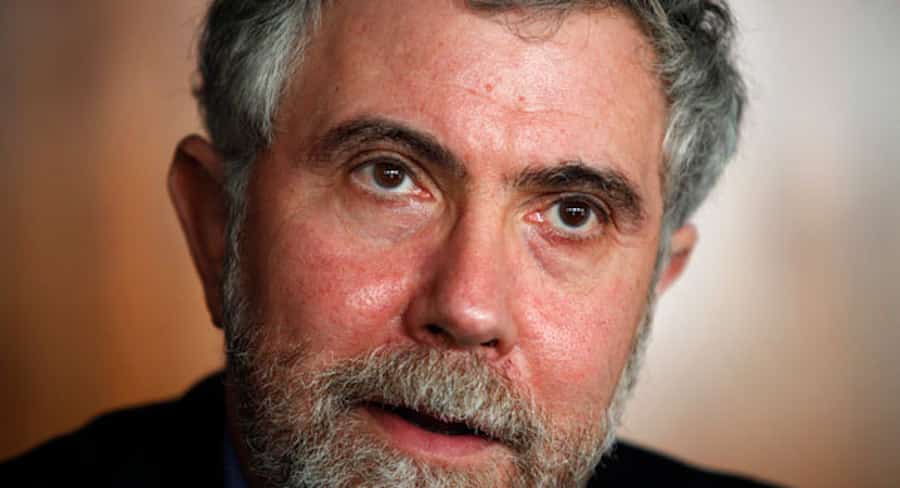
Krugman, a Nobel laureate and one of the most influential economic thinkers of our time, has been a stalwart presence on the Times' op-ed page since 1999. His incisive commentary and sharp analysis have made him a must-read for anyone interested in economics, politics, and social issues. Over the years, Krugman has built a massive following and has been widely credited with helping to shape the national conversation on topics ranging from income inequality to climate change.

So, why is Krugman leaving the Times? According to reports, Krugman has decided to join the New York Review of Books and Substack, a subscription-based online platform that allows writers to publish their work directly to their readers. Krugman has stated that he is excited about the opportunity to explore new formats and reach a wider audience, unencumbered by the constraints of traditional newspaper publishing.


What Does This Mean for The New York Times?
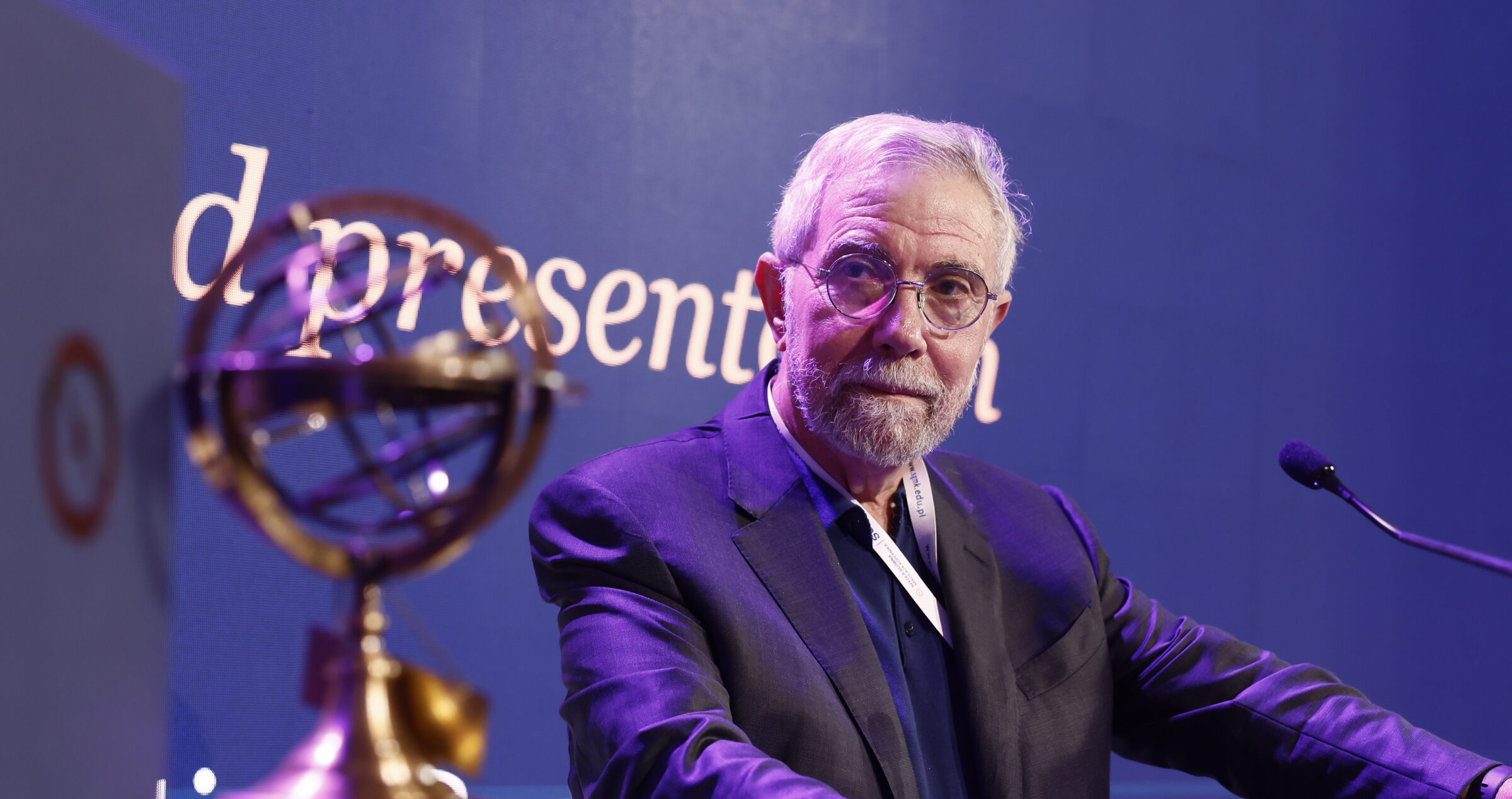
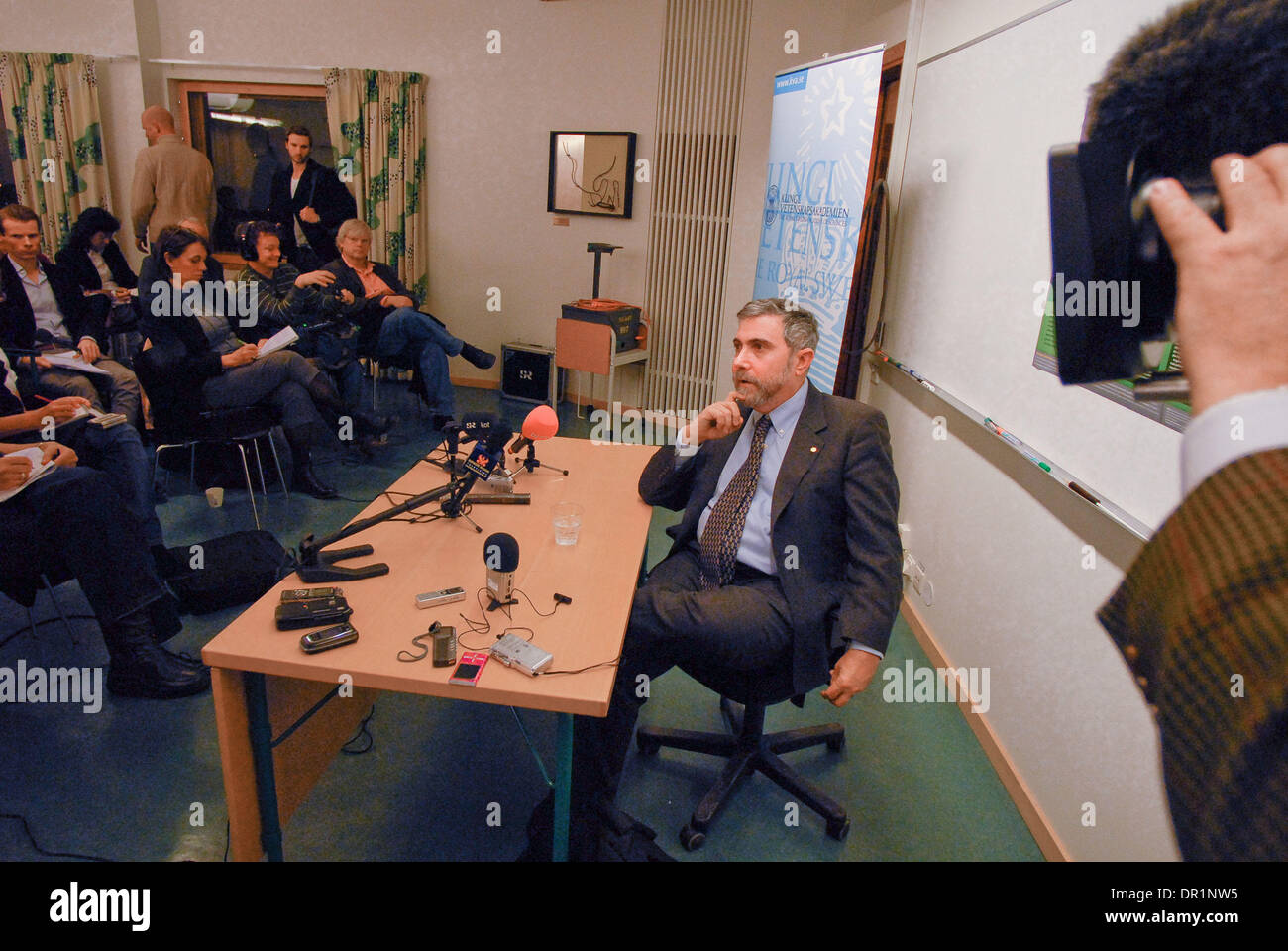
However, it's worth noting that Krugman's departure may also present an opportunity for the Times to refresh its op-ed page and bring in new voices and perspectives. The Times has a long history of nurturing talented writers and thinkers, and it's likely that the paper will use Krugman's departure as a chance to promote new talent and explore new ideas.
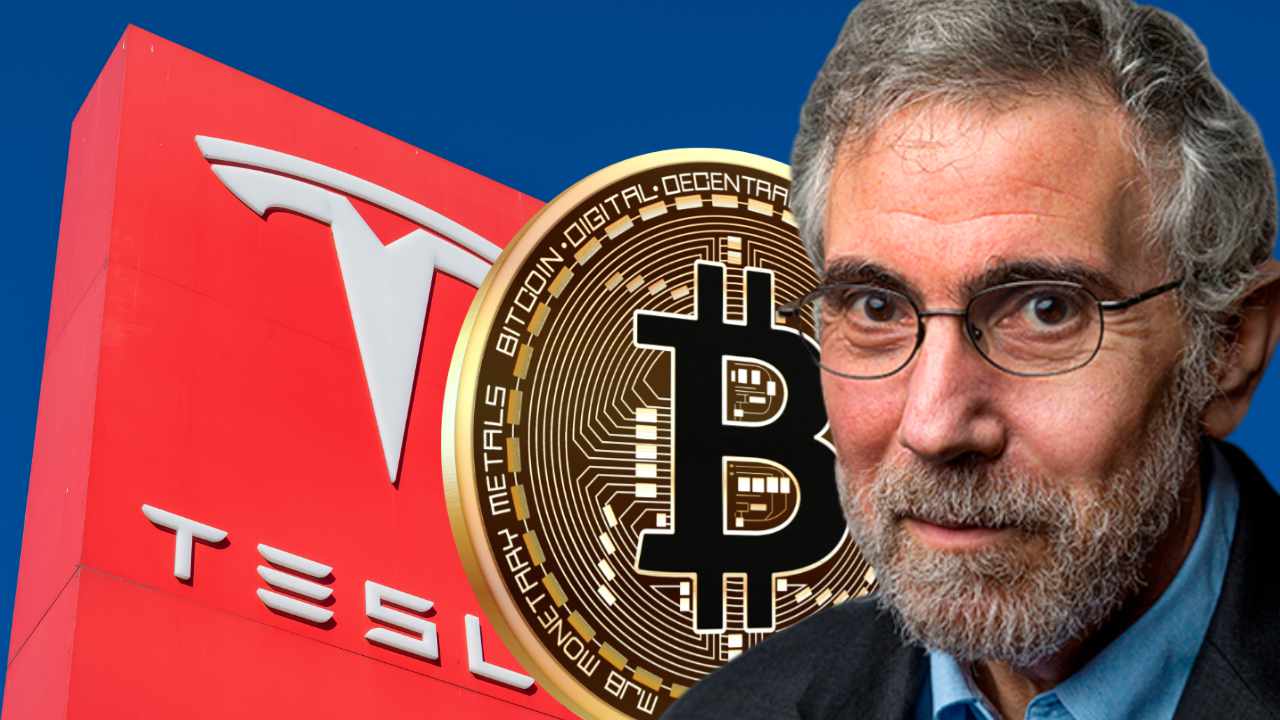
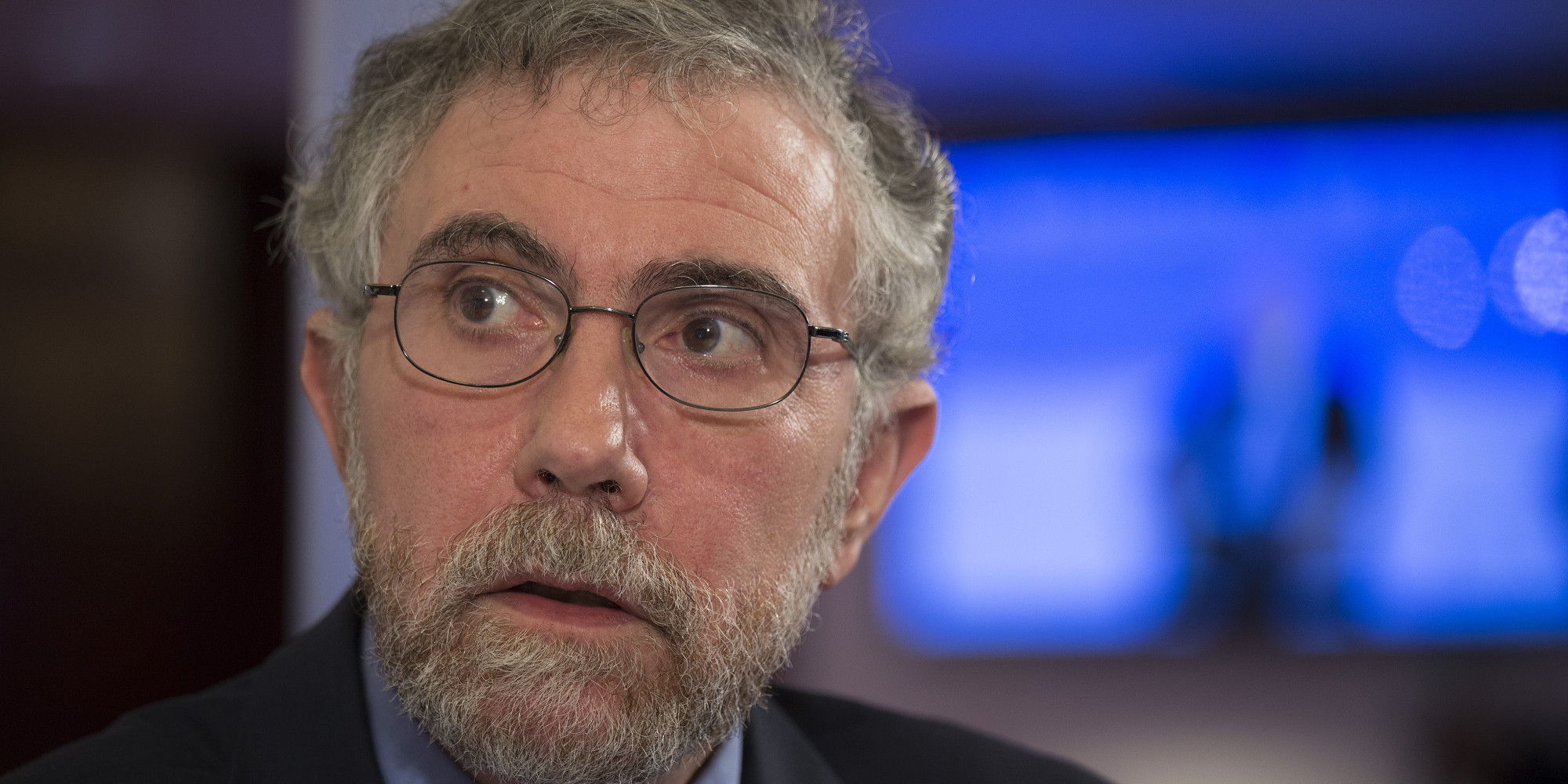
The Future of Journalism
Krugman's decision to leave the Times and join Substack is also significant because it highlights the changing economics of journalism. With the rise of online publishing and social media, writers and journalists are no longer tethered to traditional news outlets. Instead, they can reach their audiences directly and build their own personal brands.This shift has both positive and negative implications for the future of journalism. On the one hand, it allows writers to have more control over their work and connect with their readers in new and innovative ways. On the other hand, it also raises concerns about the fragmentation of the media landscape and the potential for echo chambers and misinformation.
As the media landscape continues to evolve, it's clear that journalists and writers will need to adapt and find new ways to reach their audiences. Krugman's departure from the Times is just the latest example of this trend, and it will be interesting to see how he and other writers navigate this new landscape in the years to come.
